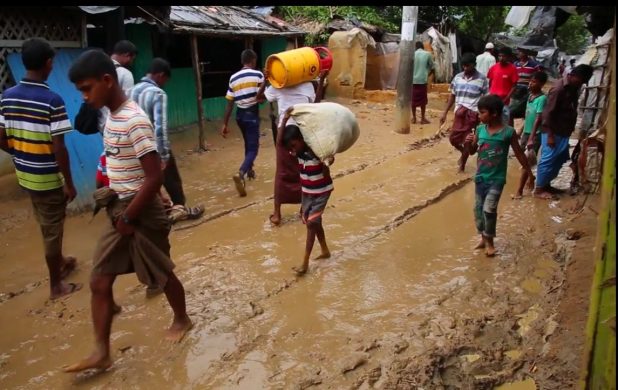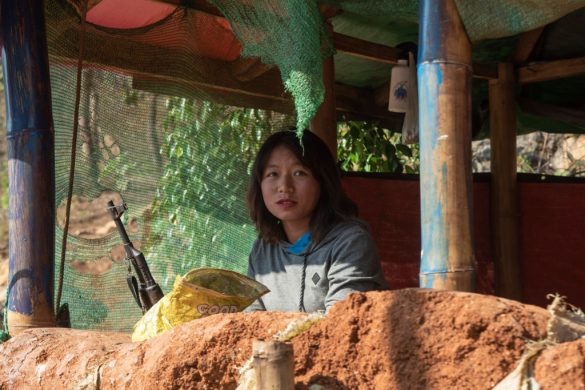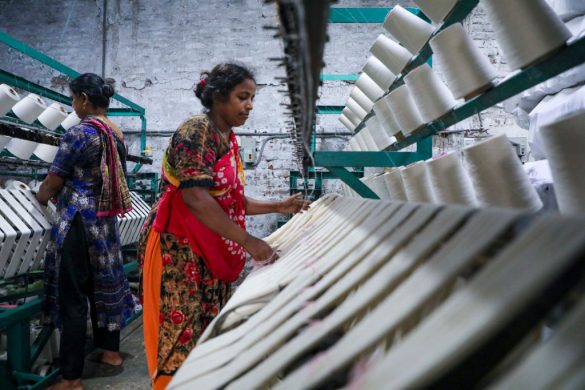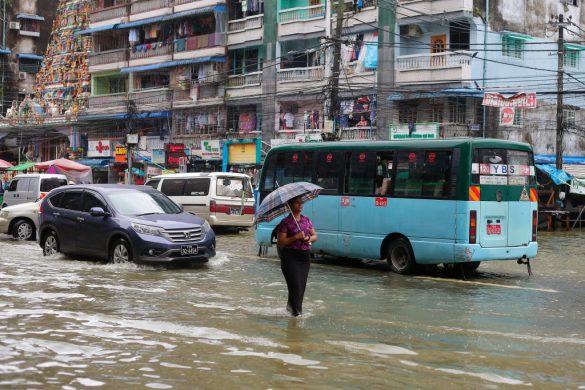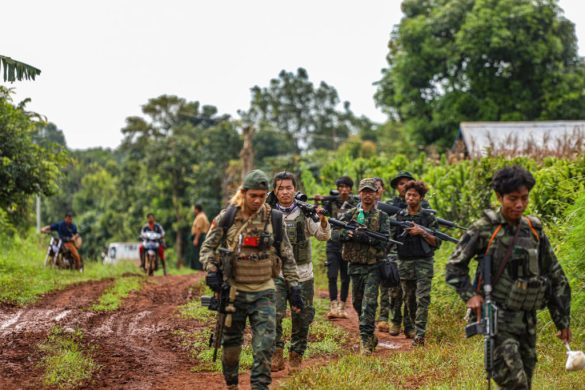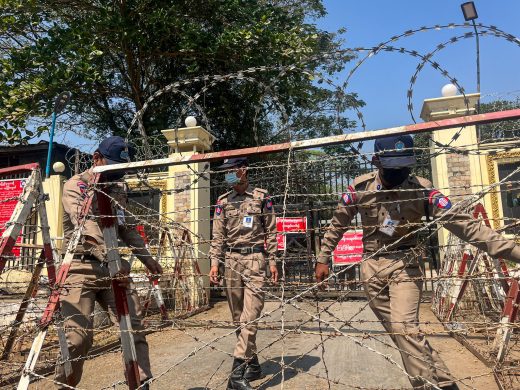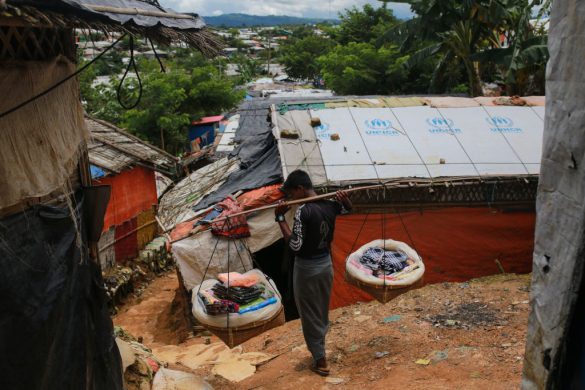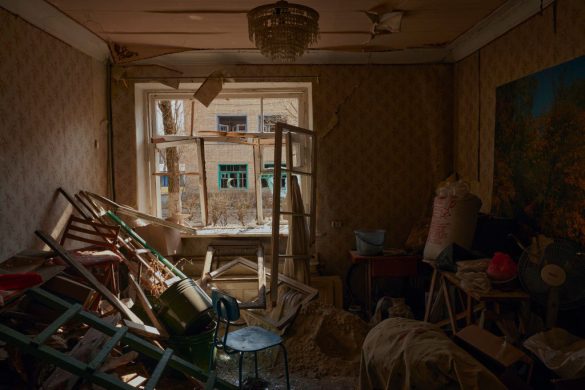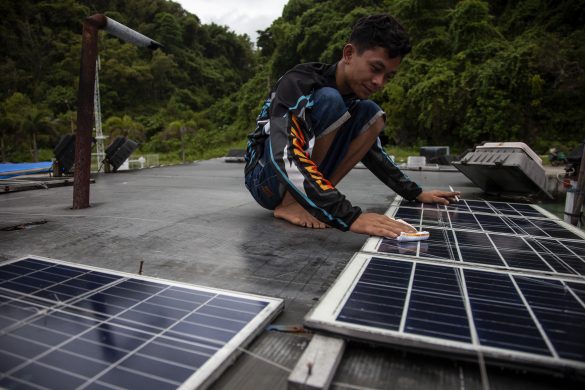COX’S BAZAR (WFP): The Executive Director of the United Nations World Food Programme (WFP), David Beasley, today reiterated WFP’s commitment to supporting people fleeing violence in Myanmar as he met refugee families and saw WFP relief activities in the new settlements in the Cox’s Bazar area.
“I have heard heart-breaking stories today, speaking to people who ran for their lives and saw loved ones killed before their eyes. These horrors must stop. Many of these people were receiving WFP food assistance in Myanmar. Now, they will receive WFP food assistance in Bangladesh, until they are able to return home safely,” Beasley said.
Beasley, in his first visit to Bangladesh since his assuming office in April, saw a WFP food distribution in an area adjacent to Kutupalong refugee camp, where hundreds of thousands of people have settled in makeshift shelters over the past month. Beasley toured the 2,000-acre area that has been allocated by the government to accommodate the new arrivals. He also saw a WFP e-voucher shop, where registered refugees redeem monthly electronic food vouchers.
“WFP started distributing food as soon as the influx began, and has scaled up operations to reach almost half a million refugees in the past month with life-saving assistance,” said Beasley.
“We are grateful for the generous support of the donor community that has made this possible.”
“I have heard heart-breaking stories today, speaking to people who ran for their lives and saw loved ones killed before their eyes. These horrors must stop.”
David Beasley
WFP has distributed rice to some 460,000 refugees, and has also been providing high-energy biscuits to more than 200,000 people as a one-off emergency measure when they arrive in the settlements and at border crossing points.
As the situation stabilizes, WFP plans to transition to more sophisticated programmes, especially with a view to supporting the nutritional needs of women and children and developing electronic voucher programmes that integrate with markets.
The food for new arrivals comes in addition to assistance that WFP provides through e-vouchers to 34,000 registered refugees living in official camps. Another 72,500 undocumented refugees living in makeshift camps, who arrived after the last outbreak of violence in October 2016, before the present influx, receive rice and nutrition support.
No access to Rakhine
WFP has now provided food to the majority of people who have arrived in Bangladesh since 25 August. More than 460,000 people have been enrolled to receive 25kg of rice per family every two weeks for the next six months, and they have received rice at least once already.
WFP urgently needs at least US$72.7 million to support the new arrivals as well as people who were already living in camps near the border and host communities. WFP has secured about US$19 million to date, which will allow us to continue providing food and nutrition support until mid-November.
WFP is especially concerned about the health of women and children arriving hungry and malnourished after days on the move, and is providing nutritional support.
As the situation stabilizes and people’s immediate food needs are met, WFP will explore ways to transition from general food distributions to more targeted programmes, for examples using e-vouchers.
In Myanmar, WFP’s aid activities in Rakhine have been severely disrupted. While there is no humanitarian access for UN agencies in northern Rakhine, WFP has resumed assistance to camps in central Rakhine State and hopes to reach 110,000 people.
The main problem in Myanmar is access. We need access to all areas in Rakhine State including areas that have seen widespread violence so that the UN, local and international NGOs can support the Government in responding to the humanitarian needs.

